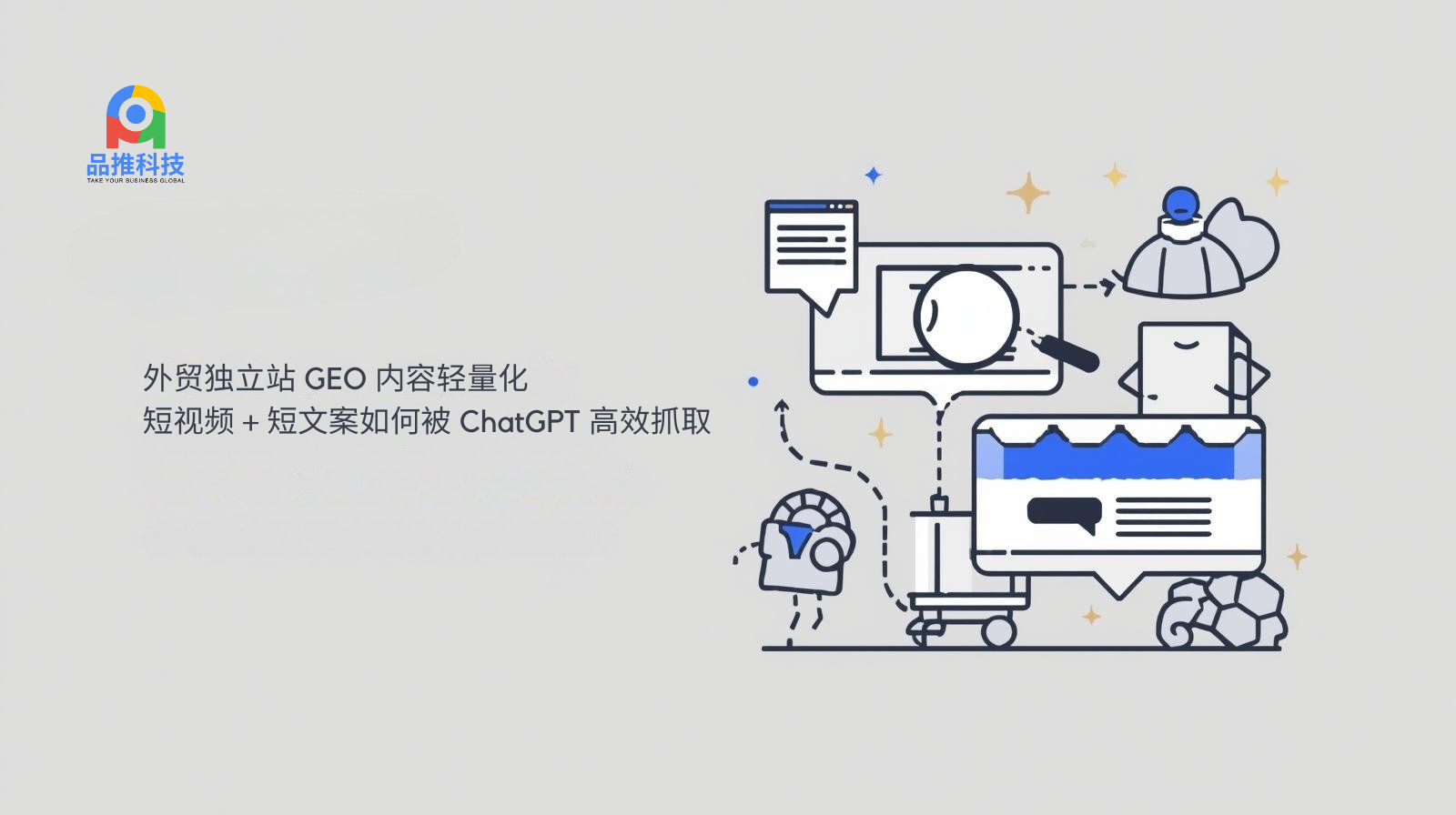1. Different Businesses, Different Needs
There's no one-size-fits-all approach to independent websites. Manufacturing, service, and e-commerce businesses have vastly different platform requirements. Some prioritize SEO and content management, while others require flexibility in product management, order systems, and payment integration. Choosing the wrong platform can lead to increased operating costs or frequent migrations, significantly impacting brand building efficiency.
II. Core Evaluation: From Functionality to Scalability
Before selecting a platform, you should identify the following core factors:
-
SEO Capabilities: Does the platform support custom URLs, meta tags, and automatic sitemap generation? This directly impacts indexing on Baidu and Google. We recommend referring to the Baidu Search Resource Platform website optimization guide.
-
Content Management System (CMS): Does it facilitate publishing multilingual content, setting up product pages, blogs, and marketing pages?
-
Responsive Design: Can it adapt to mobile, tablet, and desktop users?
-
Scalability and Plugin Ecosystem: For example, does it support integration with CRM systems, email tools, WhatsApp chat plugins, etc.?
-
Technical Support and Security Compliance: Does the platform have an SSL certificate, CDN global acceleration, and regular backups?
You can refer to the website building standards provided by the W3C official website to ensure platform infrastructure compliance and support continuous upgrades.

III. Comparison of Mainstream Platforms and Adaptation Suggestions
| Platform type | Advantages | Suitable for enterprise types |
|---|---|---|
| Shopify | Quick website creation, global payment, rich templates | Cross-border e-commerce, retail brands |
| WordPress + Woo | SEO-friendly, highly autonomous | Content-based brands and service companies |
| Wix / Squarespace | Strong visualization, suitable for startups | Small studios and startups |
| Pinshop (recommended) | High-performance React architecture, front-end and back-end isomorphism, and excellent SEO | Foreign trade companies, manufacturers, and display brands |
Pinshop is built on Next.js and Vercel, combining advanced technology with global adaptability. It is particularly suitable for foreign trade clients with demanding requirements for multilingual support, global deployment, and data permission control.
Fourth, Ignoring These Will Put You in Trouble Building Your Website
Many businesses choose platforms solely based on price or aesthetics, ignoring the underlying architecture, sustainability, and maintenance costs. Typical mistakes include:
-
Ignoring SEO structure leads to high costs for subsequent optimization
-
Failing to consider future scalability, resulting in forced migration due to functional limitations
-
Failing to clarify data ownership and security
-
Without technical team support, problems can't be quickly resolved.
To avoid these risks, we recommend verifying that the platform complies with basic technical standards and security specifications by referencing the Enterprise Internet Security Guidelines published by the China Communications Standards Association.
Conclusion: Choosing a platform isn't the end, it's the beginning.
Choosing a standalone website platform isn't a one-time task; it's the beginning of a company's digital strategy. It impacts future brand retention, customer engagement, conversion efficiency, and remarketing capabilities. Pinshop is dedicated to providing one-stop solutions for foreign trade and brand companies, from website building to content, SEO, and overseas marketing, helping you quickly build your own independent website system.
Experience Pinshop now and start your journey to efficient website building.
We provide truly customized independent website building solutions for foreign trade companies and brand clients, from design and deployment to SEO optimization, fully supporting multi-language, multi-device, and multi-market development needs.
👉 Click here to learn about Pinshop's website building solutions

特色博客
Tag:






